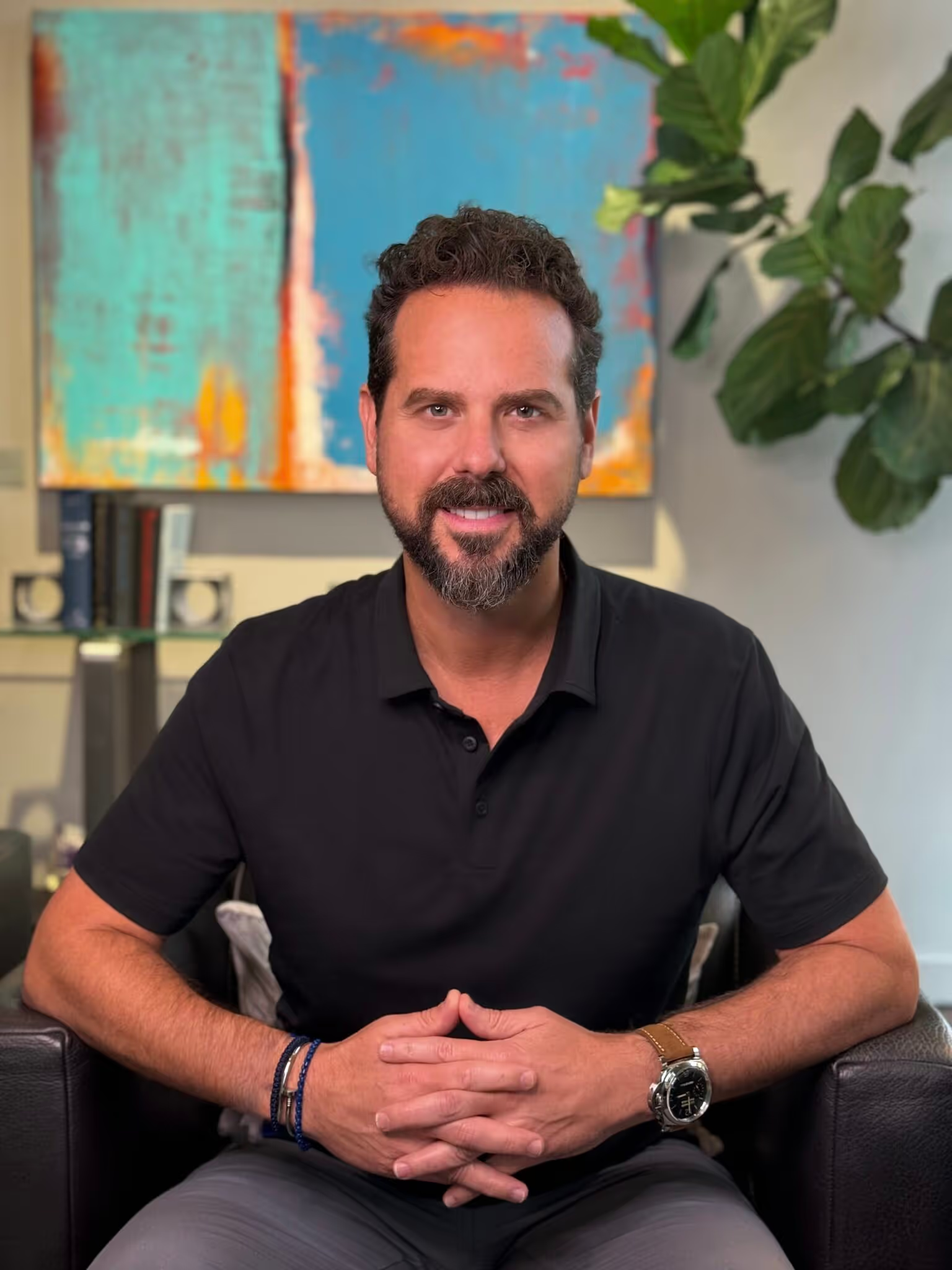
Can We Choose to Reduce Anxiety?
Recently, I was traveling down a major Dallas freeway, heading to an 8 a.m. meeting several miles away. Like most days in Dallas, there were probably 10,000 other people heading in the same direction - but on this cold and rainy morning in January it seemed like traffic was even heavier than usual.
As I inched down the freeway, watching the minutes tick by as I went nowhere, I was wallowing in a pit of anxiety. I was making myself totally miserable worrying that I wouldn’t make it to my 8 a.m. meeting. After several minutes of wallowing, I began to notice a few things happening, physically and emotionally. My anxiety level steadily rose with each tap of the brake, my heart rate increased, my chest tightened, and I noticed that I was literally, holding my breath.
Then I made a choice: I chose to pay attention to how I was stopping myself from breathing, and I started taking deeper breaths. Next, I realized: I had the power to determine my mood, and I did not have to give away that power to the traffic so, I began listening to a podcast that took my mind to a new place. Finally, I made a decision to enjoy the moment, time sitting still, that I wouldn't have otherwise had. These simple steps helped me to realize that the traffic was not as bad as I was making it and by implementing them, completely changed the direction of my morning.
Following that episode, I came up with a definition for anxiety: "Anxiety is the refusal to accept things in life the way they are, rather than the way you or I want them to be."® If we can learn to accept life on life's terms, we can substantially lower our own anxiety.
Perhaps you find yourself in similar circumstances: making yourself miserable and anxious in situations that you have no control over. In my work with clients, anxiety is one of the main issues that I see and work with.
The first step to reducing your anxiety is noticing it. Over the next week, I challenge you to notice what happens, physically and emotionally, when you get anxious. Ask yourself: "Is this a situation or circumstance that I can control?” If you can’t control the situation, remember that you can control your reaction to it.
Please note: Anxiety for some goes beyond mild or moderate symptoms and pharmasuetical medication may be needed. See a professional if you are dealing with severe anxiety.
R. Scott Gornto

